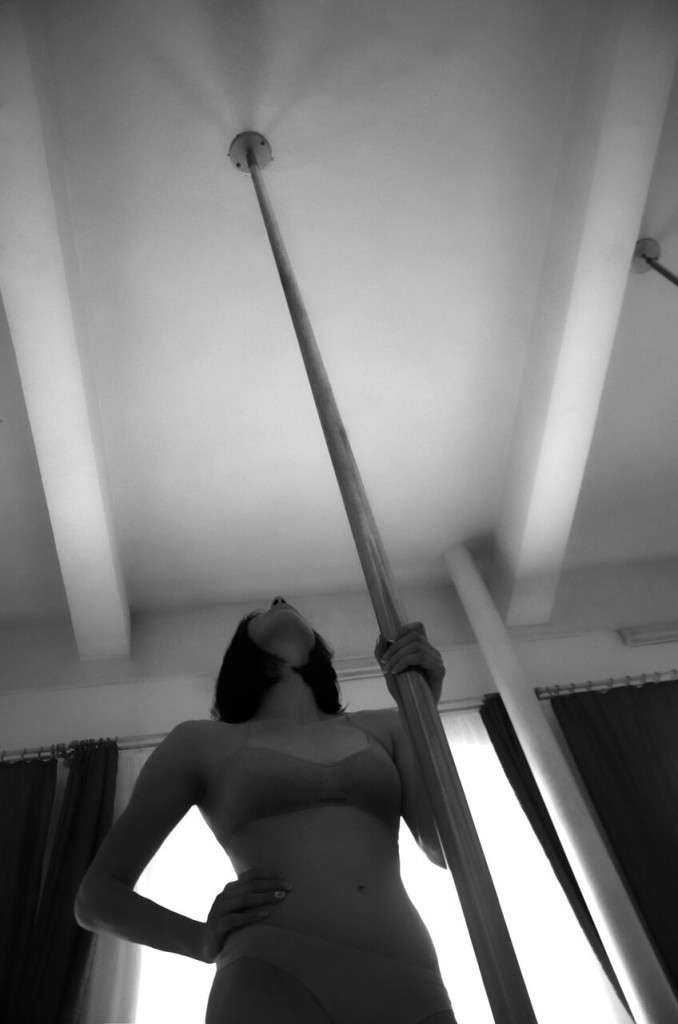
Growth and change in the worlds’ greatest sport
By Greg Waldock, Staff Writer
Hockey is a business. Just playing the game well isn’t enough for a team to keep afloat. They need marketing, branding, and an audience. They need to be profitable. So when the NHL leadership decides it’s time to grow the league, it’s a purely business decision with purely business motivations, and that means it’s damn complicated and leads to weird stuff like a city in the middle of the desert being given a team, but the historically cold capital of Quebec gets nothing. Pure business.
Simply making the decision to expand the league is a big one. When it’s announced that the NHL is accepting applicant cities to host a new team, the bidding starts, and it starts hard. A city needs to prove a few things: That there’s an audience of avid hockey fans nearby willing to buy tickets, that an ice rink exists large enough to host Playoff-sized games, and that the city itself can become a “hockey city,” capable of producing skilled players of its own. It also needs to be better at these than any of the competition. A history in the league factors in, but that pales in comparison to the potential income. That’s why there’s now a Las Vegas Golden Knights, yet no Quebec City Nordiques. Quebec City has the audience, the stadium, and the homegrown players, but it does not make the money that Las Vegas does.
When a city is finally chosen, the municipal government is involved. Setting up the infrastructure for a major sports league is no small task, especially for cities that don’t even have an ice rink. Even in Canadian cities that have multiple rinks, the building of a new stadium or renovation of the old one is a topic frequently mired in corruption and controversy. Politicians frequently face criticism as construction projects become massively expensive, especially in places where the majority of residences have no intention of watching a game of hockey. If the stadium and related infrastructure is constructed on time, then the new team management can start picking coaches and scouting players.
Due to their position in draft picks and general inexperience, new teams are notorious for being awful for a good few years. When they finally get up and running, it can be a decade or more before they ever even see a playoff game. It’s all part of the normal growing process, and teams take those years to form a fan base and brand identity. In time, the team will form its own rivalries and reputations, and become a fully-fledged member of the league. All of that providing that their attendance isn’t too low and the new team is simply moved to another city. Hockey can be brutal outside the game, too.

